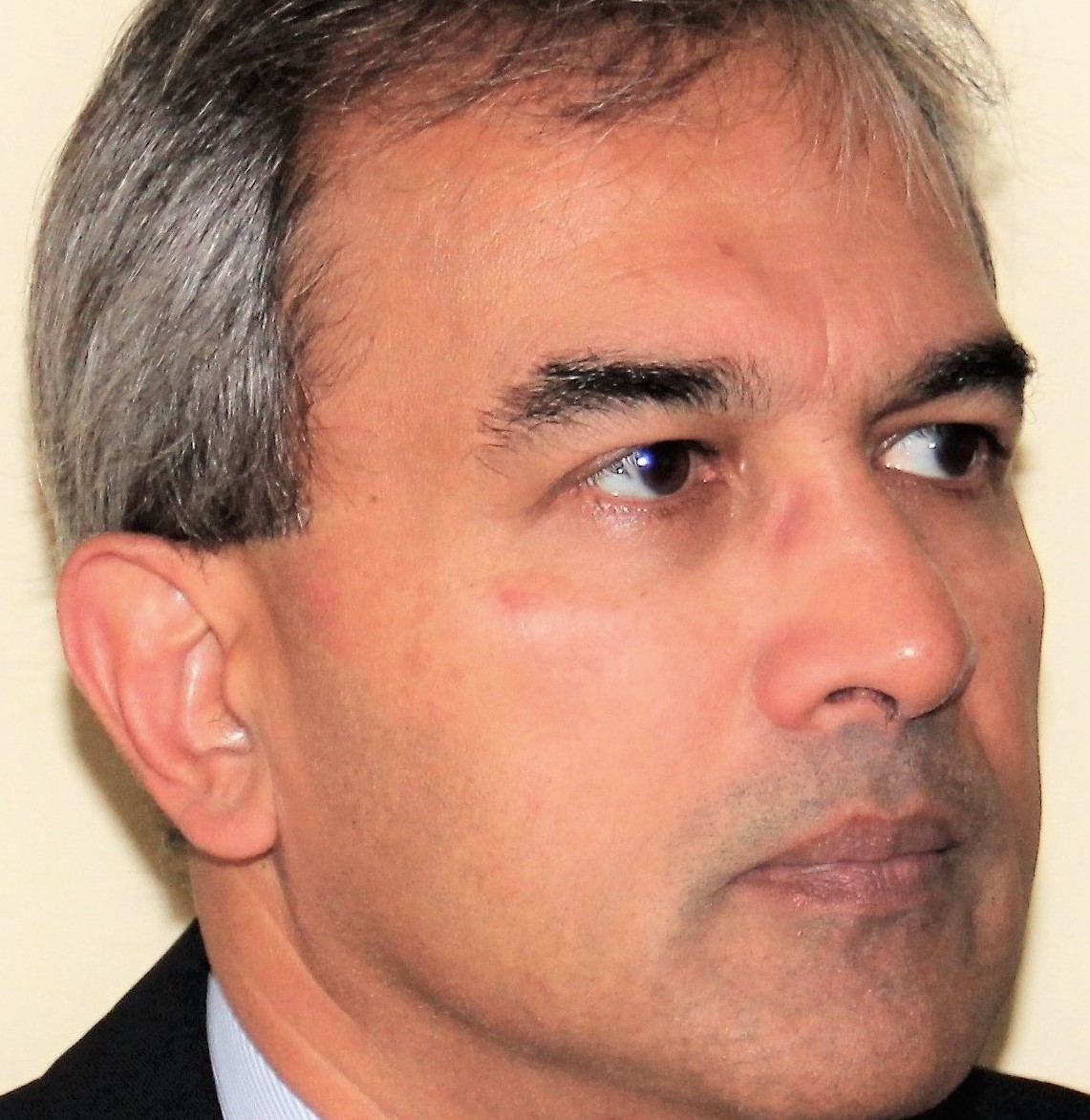Over the last few months the RSA has been conducting an inquiry into how to use public sector procurement and spend to drive innovative solutions to some of societies more entrenched or tougher challenges. We concluded this with the publication of our ‘Move fast and fix things’ report. In this guest blog Uday Phadke, author of ‘Camels, Tigers & Unicorns: Rethinking science and technology enabled innovation’, and speaker at our international conference earlier in the year, offers his reflections on the report.
This new publication from the RSA Lab is an excellent contribution to the debate around entrepreneurship in the public sector, providing a focus for debate in three key areas.
Systems Thinking. This report builds on previous work published by the RSA which highlights the need for better understanding of the structures, processes and roles involved in turning innovation into social and commercial value. Mazzucato and Jacobs in their essay in Rethinking Capitalism talk about the need to tackle this. In my book ‘Camels, Tigers &Unicorns: Rethinking science and technology enabled innovation’1, based on a very large global data set, we addressed this challenge head-on showing how all innovation is a diffusion-driven process, with three discontinuities described by the Triple Chasm Model. These chasms have to be crossed if an innovation is to be deployed and scaled. The key to crossing these Chasms depends on understanding and shaping the 12 meso-economic vectors, in the layer between macro and micro-economics largely ignored by mainstream economists too date.
The Public Entrepreneur. This report emphasizes the potential importance of the entrepreneur in the public sector. In my view this debate needs to analyse the role of the entrepreneur in the context of the broader components of the human capital challenge, which covers talent, teams, organisational structures, leadership and cultures, as I discuss in my latest book The Scale-up Manual2.
Execution-Making it Happen. This is an area where more work is required, so that policy development moves on from the simple entrepreneur-procurement dichotomy which underpins most thinking about how innovation and technology can be used to create new value (and leads to dangerous mis-conceptions such as the ‘Valley of Death’). In particular, success depends on understanding and shaping the trade-offs between all 12 meso-economic vectors.
We need to understand the potential role of the public sector in shaping the ‘external’ vectors, including market spaces (especially regulation and competition policy) the role of the state as a customer (both as a ‘charter’ and mainstream customer), and distribution infrastructures enabled by the state (for example broadband provision).
We also need to understand the role of the state in shaping the ‘internal’ vectors, including IP policies, human capital development, for example training, and the critical role of state funding (which of course is a broader question than merely providing the right fiscal and tax incentives).
And finally, we also need to understand the importance of the ‘composite or trade-off’ vectors, which determine the public-private trade-offs in formulating strategy and business models (for example decisions about protection for ‘strategic’ areas or new business models under-pinned by strategic environmental goals)
I hope that this RSA report can generate serious debate in all these areas.
Uday Phadke is an entrepreneur, investor, strategist, and part-time academic.
Notes
2. The Scale-up Manual, Phadke & Vyakarnam, World Scientific Publishing, September 2018
The RSA is continuing to develop work in this area, looking at how to use public procurement and commissioning more intentionally to address long-standing social challenges. If you would like to be involved please get in touch with us.
Related articles
-
Nine famous female Fellows inspiring inclusion
Dean Samways
International Women’s Day 2024 invites us to imagine a world where all genders enjoy equality. Where prejudice and discrimination no longer exist. This is the world our work is helping deliver to this and future generations.
-
Fellows Festival 2024: changemaking for the future
Mike Thatcher
The 2024 Fellows Festival was the biggest and boldest so far, with a diverse range of high-profile speakers offering remarkable stories of courageous acts to make the world a better place.
-
Inspired by nature
Rebecca Ford Alessandra Tombazzi Penny Hay
Our Playful green planet team summarises a ‘lunch and learn’ at RSA House that focused on how the influence of nature can benefit a child’s development.




Be the first to write a comment
Comments
Please login to post a comment or reply
Don't have an account? Click here to register.